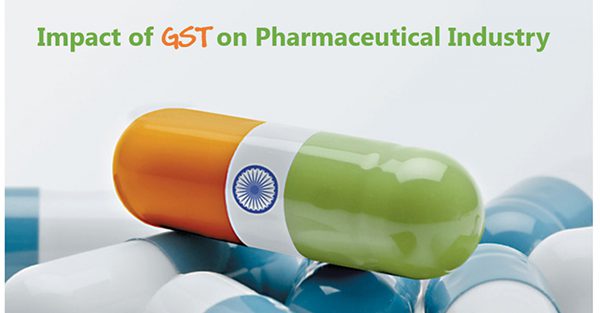The Goods and Services tax (GST) is one of the India’s biggest indirect tax renovations. It is expected to be beneficial for Indian drug makers in long run as its objective is to simplify tax structure and bring operational efficiency. However, the details such as the application of the rates to Pharma is not known and we think that the government will stress on the fact that essential medicines should have minimum taxes. However, GST is welcomed as it creates a level playing field for pharmaceutical companies and will eventually benefit the consumers. Considering the health care and Pharma industry, it is expected that the new GST regulation would benefit the consumers by making affordable health care. The whole industry is waiting for the details of tax rates, exemptions and legislative framework for implementation that is to be finalized by the GST Council.
It is believed that information technology will play a crucial role in its effective execution and hence it is necessary to have durable infrastructure to ensure seamless compliance and tax administration but analysts warned that there will be very less effect on inflationary impact of GST on prices of medicines in the short run of one or two years. Also the impact on pricing of drugs will be neutral up to 12% tax rate and beyond that there will be inflationary effect to some extent. The main concern is the rate of GST must be kept at a competitive level in order to have no increase in prices of drugs and medicines.
GST may also have impact on companies to clean up their supply chain in order to save taxes. GST will be a win-win situation for both pharmaceutical companies and consumers. The simplification of supply chain and improved operating environment will alone add 2% to the size of the Pharma market and even a 2% reduction in production or distribution cost of medicines will add the profits up to 20%. It is the single biggest benefit in the arm for the pharmaceutical industry and it creates competitive advantage for those who move early. The Indian pharmaceutical industry has the domestic turnover of over $15 billion and has been witnessing high growth in the past decade but it is still facing problems like cumbersome taxation, heavy competition and increasing price controls and the new GST regulation will overcome such problems. The main drawback of the GST is that it is still not clear that whether the healthcare sector as well as life-saving drugs and medical devices will be continues to be exempted from the taxes after the implementation of the Act.

